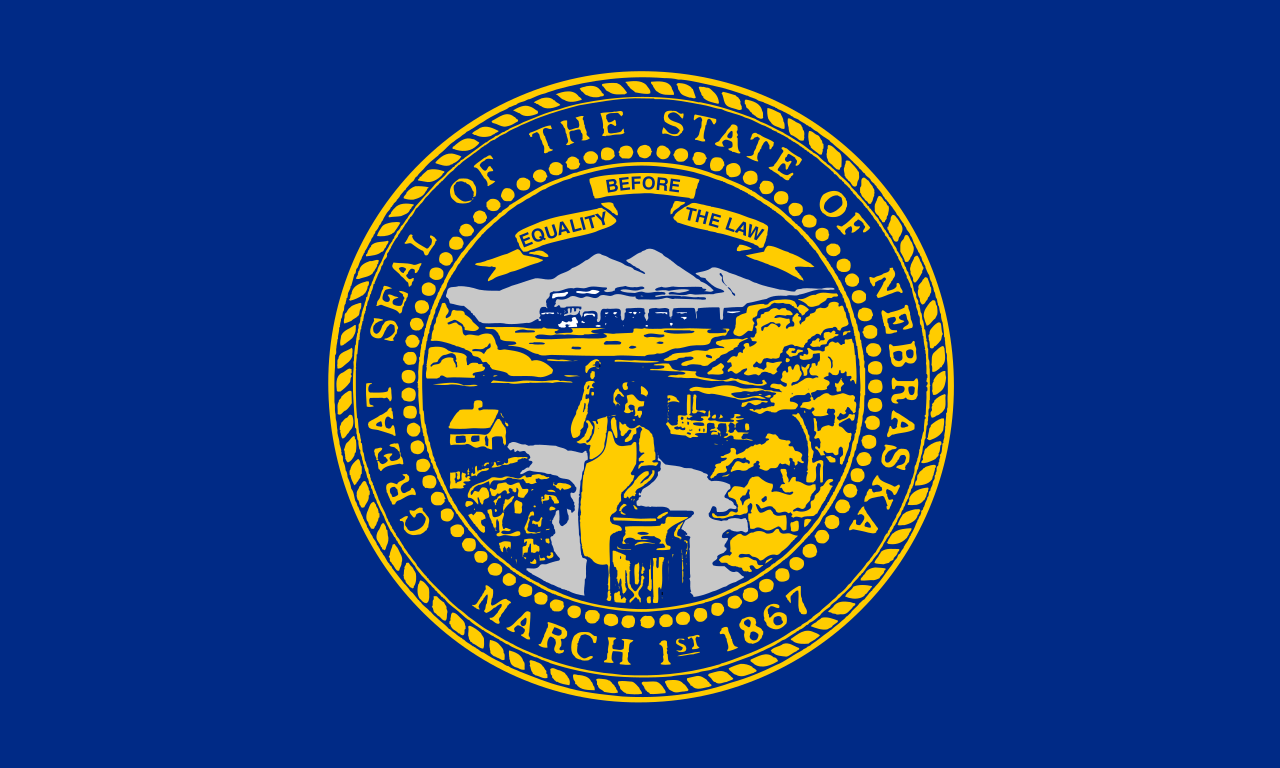Quick Hits
- The Nebraska Healthy Families and Workplaces Act requires most private Nebraska employers with eleven or more employees to provide earned paid sick time starting October 1, 2025.
- The Nebraska Department of Labor has issued a guidance document and a set of frequently asked questions (FAQs) that provide guidance and clarification for the law.
On November 5, 2024, Nebraska voters approved Nebraska Initiative 436 (also known as the Healthy Families and Workplaces Act). The HFWA was later amended by LB No. 415, which clarifies portions of the law. The Nebraska Department of Labor (the agency responsible for enforcement of the statute) issued a guidance document and a set of frequently asked questions (FAQs) that provide guidance and clarification for the law.
The Amended Nebraska Healthy Families and Workplaces Act
Under the Healthy Families and Workplaces Act, private employers in Nebraska with eleven or more employees must provide earned paid sick time to eligible employees starting October 1, 2025. Under the HFWA, employees earn one hour of paid sick time for every thirty hours worked. Employers can cap annual accrual and use of PST based on their size.
Key provisions of the amended HFWA include:
- Covered employees. The HFWA covers any employee who performs at least eighty hours of work in Nebraska during the year except seasonal and temporary workers employed in agriculture, railroad employees covered by the Railroad Unemployment Insurance Act, and employees under age sixteen.
- Accrual and use. Caps on annual accrual and use are based on an employer’s size. Small employers (eleven – nineteen employees) must allow accrual and use of forty hours of PST. Large employers (twenty or more employees) must allow accrual and use of fifty-six hours of PST.
- Carryover. All unused PST is carried over to the following year. Carryover does not affect the annual use limits based on employer size. An employer can avoid carryover by paying out all unused PST at year-end and frontloading the employee’s annual allotment of PST at the beginning of the subsequent year.
- Rate of pay. Employers must pay PST at the employee’s normal hourly rate and with the same benefits, including healthcare benefits and accrual of paid time off (PTO), which includes earning PST during PST use.
- Reasons for use. Employees can use PST for (1) their own or a family member’s mental or physical illness, injury, or health condition; or (2) closure of the employee’s place of business or child’s school due to a public health emergency.
- Notice of use. Employers can require notice of PST use if they have a written policy outlining a reasonable procedure for employees to provide notice of PST use.
- Increments of use. Employees can use PST in the smaller of one-hour increments or the smallest increment of time used to account for other types of absences.
- Documentation. Employers can request documentation to support PST use when an employee uses PST for more than three consecutive workdays.
- Payout of unused PST. Employers need not pay out unused PST at the time of separation (unless PST is provided as part of a PTO plan that would otherwise require payout upon termination).
- Existing PTO policy. Employers that have a paid leave policy that makes available an amount of paid leave that equals or exceeds what is required by the HFWA and that can be used as paid sick time need not provide additional paid time off under the act. Employers do not have to allow accrual or carryover beyond their existing paid time off policy.
- Paid leave provided between January 1, 2025–September 30, 2025. Paid time off provided by an employer on or after January 1, 2025, that can be used for the reasons covered by the law will be counted toward the employer’s annual obligations to provide PST in 2025.
- No private right of action. Employees do not have a private right of action under the law.
- Administrative penalties. Employers that violate the HFWA can be subject to administrative penalties of up to $500 for a first violation and up to $5,000 in the case of a second or subsequent violation. An employer with an unpaid citation is not eligible to contract with the state until the citation is paid.
The guidance document and FAQs provide additional clarification for employers on issues that were otherwise not specifically addressed by the HFWA. The FAQs clarify that when counting the number of employees to determine employer size, the NDOL only counts individuals who worked at least eighty hours in Nebraska (employees working outside of Nebraska are not included).
The FAQs and guidance document both clarify that employers whose current paid leave policy already meets the requirements of the HFWA are not required to allow an employee to accrue or carry over benefits beyond the existing policy. The guidance document sets out the factors the NDOL considers when determining whether an employer’s current PTO plan meets the requirements of the HFWA. Employers must:
- compensate workers at the same hourly rate and with the same benefits as the employee typically earns during hours worked;
- allow employees to accrue a minimum of one hour of paid sick time for every thirty hours worked up to the applicable caps based on employer size;
- allow employees to use PST as it is accrued;
- allow employees to keep earned PST if transferred to a separate division, entity, or location;
- reinstate unused PST forfeited upon separation if the employee is rehired within twelve months;
- not count PST as an absence that may lead to or result in a retaliatory personnel action or any other adverse action;
- not allow waiver of the rights and remedies; and
- not require disclosure of the details of an employee’s or an employee’s family member’s health information as a condition of providing paid sick time under the HFWA.
While the HFWA does not require payout of unused PST at termination of employment, Nebraska does not allow forfeiture of other types of paid time off earned by employees (e.g., vacation); therefore, employers may be required to pay out unused PTO at termination of employment even if the policy allows employees to use PTO under the same terms and conditions required by the HFWA.
Finally, employers must provide written notice of the HFWA by September 15, 2025, and display a poster at the worksite thereafter. Current employees who have worked at least eighty hours in Nebraska will begin earning PST on October 1, 2025. All other Nebraska employees will start earning PST once they have worked at least eighty hours in the state.
Key Takeaways
Starting October 1, 2025, most Nebraska private employers with eleven or more employees must allow employees who have worked at least eighty hours to start earning paid sick time at a rate of one hour for every thirty hours worked. Employers with fewer than eleven employees are exempt from the law. Employers with eleven to nineteen employees can cap accrual and use at forty hours per year. Employers with twenty or more employees can cap accrual and use at fifty-six hours per year. Employers with an existing paid leave policy need not provide additional paid leave under the HFWA if the policy provides an amount of leave equal to or greater than that required by the law, and which can be used as paid sick time. Employers can count paid leave that was provided to employees between January 1, 2025, and September 30, 2025, toward their annual obligation for PST if the paid time off was available for use as paid sick time as provided by the HFWA.
Ogletree Deakins’ Leaves of Absence/Reasonable Accommodation Practice Group, Kansas City office, and St. Louis office will continue to monitor developments and will provide updates on the Leaves of Absence and Nebraska blogs as additional information becomes available.
In addition, the Ogletree Deakins Client Portal provides subscribers with timely updates on state paid sick leave requirements. Premium-level subscribers have access to updated state policy templates. Snapshots and Updates are complimentary for all registered client users. For more information on the Client Portal or a Client Portal subscription, please reach out to clientportal@ogletree.com.
Follow and Subscribe
LinkedIn | Instagram | Webinars | Podcasts






